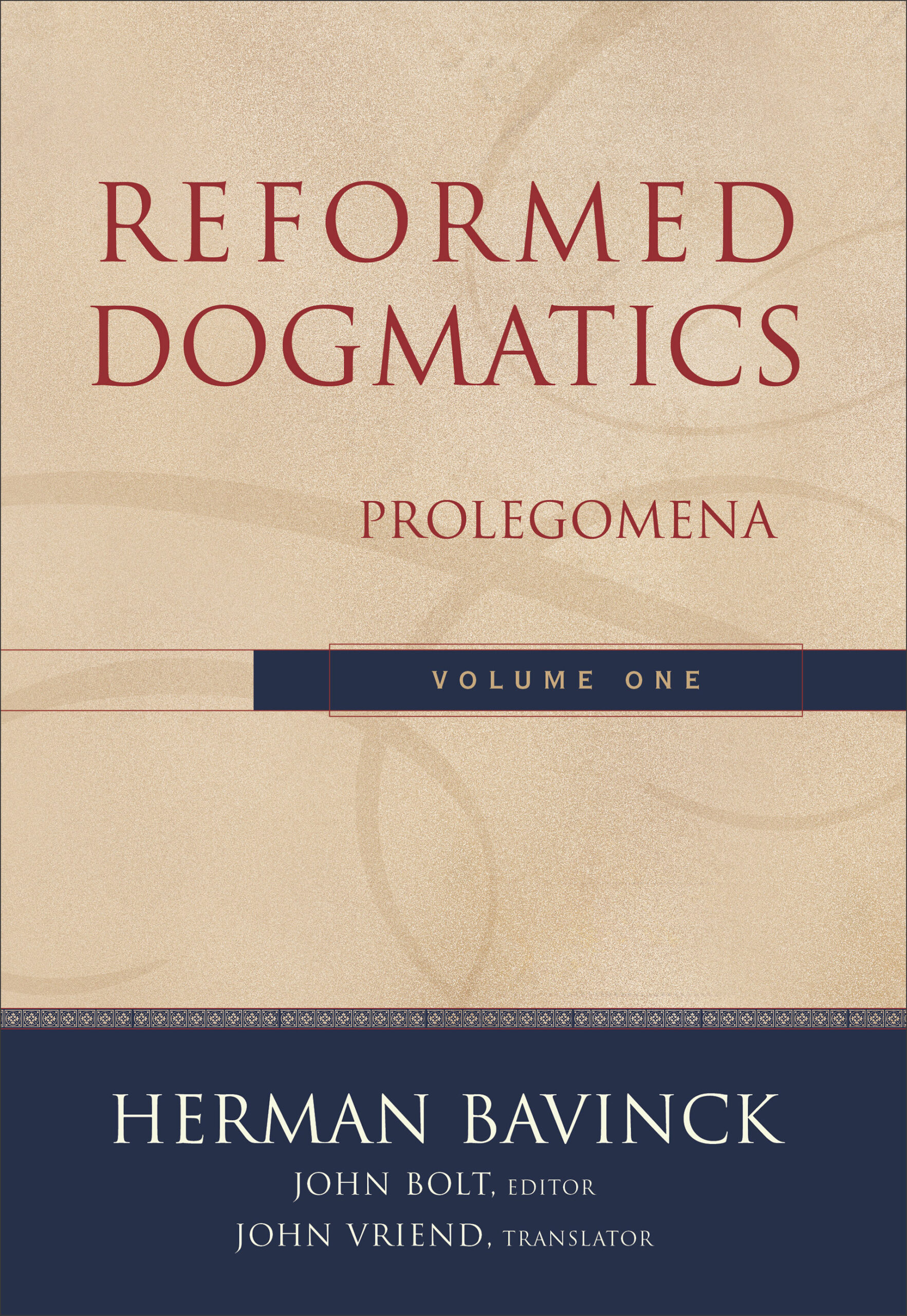A Brief Book Summary from Books At a Glance
by Steve West
Table of Contents
Part I – Introduction to Dogmatics
1 The Science of Dogmatic Theology
2 The Method and Organization of Dogmatic Theology
Part II – The History and Literature of Dogmatic Theology
3 The Formation of Dogma: East and West
4 Roman Catholic Dogmatics
5 Lutheran Dogmatics
6 Reformed Dogmatics
Part III – Foundations of the Dogmatic Theology (Principia)
7 Scientific Foundations
8 Religious Foundations
Part IV – Revelation (Principium Externum)
9 The Idea of Revelation
10 General Revelation
11 Special Revelation
12 Revelation in Nature and Holy Scripture
13 The Inspiration of Scripture
14 The Attributes of Scripture
Part V – Faith (Principium Internum)
15 Faith and Theological Method
16 Faith and Its Ground
17 Faith and Testimony
Editor’s Note: This book is divided into two book summaries. The first summarizes Parts I-III, and the second summarizes IV-V.
Summary of Parts I-III
Part One: Introduction to Dogmatics
Dogmatics refers to the normative teachings of the church. The term dogma comes from the Greek dokein which means “to be of the opinion” and it came to mean something certain and established. Dogmatics is, “the system of the articles of faith.” It is essential to recognize that a dogma does not have authority simply because it is espoused by the church: it only has authority when it represents a truth taught in Scripture. The church’s formulation of dogma is not the same as the biblical truth itself. Yet the community aspect of church is important: private individuals need to guard against private dogma. The church is not infallible, but it is extremely important and helpful in formulating, defending, and proclaiming dogmatic truths. Divine authority and the confession of the church combine in dogmatics. It is literally impossible to have a faith or religion that has no dogmatics whatsoever. In the church, there is a recognition that God has revealed himself in his Word, and the things he has revealed are to be believed. He shows us who he is and the relationship that we—and the rest of creation—have with him.
Biblical truths can only be received properly by faith. Dogmatics must strive to conform to what God has revealed. It is not a study of human faith or religious ideas, but a study of God himself. In order to believe and have faith, there must be something that is first understood and can be believed in; in order for there to be faith-knowledge, there must be revelation and a science of God. Dogmatics is a science with a real referent (because of the revelation of God) rather than an exploration of human subjectivity. Faith only comes by hearing what God has said. Theologians are not to follow their own ideas, but rather think God’s thoughts after him, and demonstrate their coherence. This is possible only on the basis of God’s revelation. It is important to recognize church tradition and historical contributions to theology. The gospel message is central, and the church has the job of taking the gospel to every nation. We must not allow philosophical presuppositions to control our reading of the biblical text and our theological formulations. Faith and knowledge are not antithetical; on the contrary, they are inseparable. Apologetics does not precede dogmatics but receives biblical truth by faith and then defends it. In dogmatics we see what God has done for us, and in ethics we see how we are to respond and live out our lives before him. Theological ethics is completely dependent on dogmatics. Our religious life does not create dogmatics; our practice and life flow out of God’s revealed truth.
In formulating theological doctrines, Christians draw on Scripture, the teaching and confessions of the church, and personal conscience and experience. Scripture was normative and authoritative for the rule of faith, but over time, authority for dogma became more and more invested in the church hierarchy and Scripture was eclipsed. With Kant and Schleiermacher there was a shift to personal experience, psychology, and religious consciousness which led to explaining religion by looking at the inner state of the religious subject. This in turn led to treating Christianity historically and critically like other religions. No science is purely objective; all knowledge depends at some level on faith. In order for Christians to have religious knowledge, there must be truth and there must be revelation—dogmatics cannot exist without revelation.
Rome has not fully comprehended the need to stand on divine revelation over church and experience. Nevertheless, our church community and experience play an essential role in shaping us. Scripture is our norm and highest authority, but we are taught in the church, and the church’s witness must be faithful to the Word of God. Scripture is the foundation, norm, and first principle of theology, and the theologian produces dogmatics by assimilating and reproducing Scripture’s teachings. It is essential that we understand that dogma is to be understood and lived out by faith (in fact, revelation is designed to generate faith), and this occurs in the community of the faithful. Theological knowledge is not abstract, but personal and requires fellowship with the Holy Spirit. Dogmatics is best constructed in line with how doctrine emerges organically from the whole of Scripture. . . .
[To continue reading this summary, please see below....]The remainder of this article is premium content. Become a member to continue reading.
Already have an account? Sign In
Buy the books

REFORMED DOGMATICS, VOLUME 1: PROLEGOMENA, by Herman Bavinck